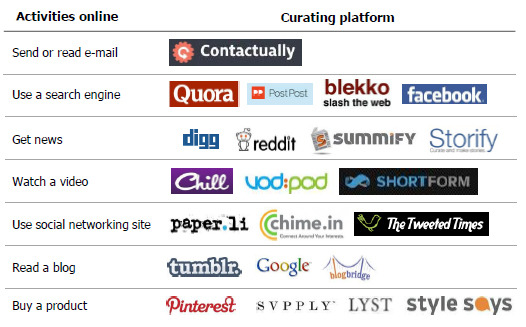
Weekly VentureSquare Stories are summaries of some of the week’s top posts relating to the Korean startup and venture Industry.
CEO Jeong Soo-hwan’s Third Time Lucky
Wongi Lim
What if you had already tried starting two businesses and had both of them both fail? And what if this person said that they were going to start a third business? Would you invest in them or not? App Disco‘s CEO Jeong Soo-hwan has already established his third company in a short period of time using his entrepreneurial experiences from when he was a university student. As a student with vigor and idealistic views, he felt first-hand the pains and reality of what running a business can bring.
Jeong was originally a Taekwondo competitor until he was a middle school student and even earned himself a gold medal in a national tournament. Having only focused on Taekwondo, Jeong’s real education started once he was in high school. Though he was somewhat behind, he worked hard and finally managed get into Korea University. Jeong got involved in students politics at the university, becoming president of the student council and in 2008 moved on to take the role of student body president. In 2009 he began his involvement in the young entrepreneurs club.
“I felt a positive need for it. I found that if you’ve got no money it’s very hard to contribute to society properly, so I started developing for other companies. Through this I found that giving value and contributing to society through business was quite an attractive concept.”
Jeong needed advice, as all the experience he had up until then was his developing experience on projects with his friends. Kakao CEO Jae-beom Lee ended up becoming his mentor and he eventually founded his first company with funds from outsourced work. However, due to lack of experience and understanding of how things work in the real world, his business did not go as planned . Nevertheless, he did not stop there and in October 2010 started a social commerce service called “Happy Season”. Jeong says that many around him tried to stop him, saying it was too late in the game to start a social commerce service. It was right at a time when Ticket Monster and Coupang were growing fast, plus Groupon had just entered the Korean market.
“I thought that it would be hard too, but I still wanted to give it a go. So I just decided to start.”
However, due to the concern of his friends he set himself a deadline — “if it’s not working after 3 months, it’s time to stop.” Due to being late to the market, gaining investment was difficult and expenses were mounting. After three months he closed the business and those around him ended up leaving. Failing was hard for Jeong, despite imagining how it might be, it was much worse. He was left in debt and nobody by his side, making it all the more harder.
“I hated getting up and seeing the sun. If I think about it, it was the hardest time of my life.”
A special trait of people who get up again is that when they are going through the really hard times they are always searching for someway to make a comeback. Jeong did just this and met with a university friend Hwang Won-joon to exchange ideas about the latest trends. Jeong realized through his failures that one important point was to be able to read the market.
He noticed that advertising was still not fully developed on social networks in Korea and that this was an area which had shown results in other countries. In July 2011 Jeong quit studying and founded “App Disco”. After trying to receive investment proved to be too difficult, he contacted major companies himself and gained contracts making everything much easier. After having experienced no immediate revenue with his previous venture, he started off with a business model which brought in revenue right from the start.
He figured that ads needed to return some sort of benefit to consumers. With AdLatte, users can view a short video and then after the video answer a simple question to what they just saw. If the user gets the question right they are awarded with a small sum of several hundred won. Money earned can be spent on certain gifts or vouchers and once a user has racked up 30,000won, it can even be exchanged for cash. The app has already been downloaded by one million users. The app recently entered the Japanese market where it reached a record first place showing the possibility for expansion to other markets as well.
Digital Curation
Joey Kim
The internet has now reached a point where the amount of information available to us is limitless and finding the information we really want can be more difficult than it previously was. Depending on the type of content one we want to produce or find we turn to different services. Other services help bring together a variety of similar services into once place to make use of the services more efficient for the user.
Joey Kim took a look at some of these services.

Within all of this Curation, Kim identifies two main types; Crowd Curation and Personalized Curation.
Crowd curation are services such as Pinterest Chill and SVPPLY which put together trends from the masses and can easily identify segmented needs. User interface can be extremely important for such curation due to the massive amount of traffic constantly being processed. Personalized Curation are services such as Twitter, Facebook, Paper.li and Linked. These services usually try and pinpoint what will be relevant to the individual user by using an algorithm Another important factor for these services is how information is delivered, whether it be through e-mail or ‘push’ notifications.